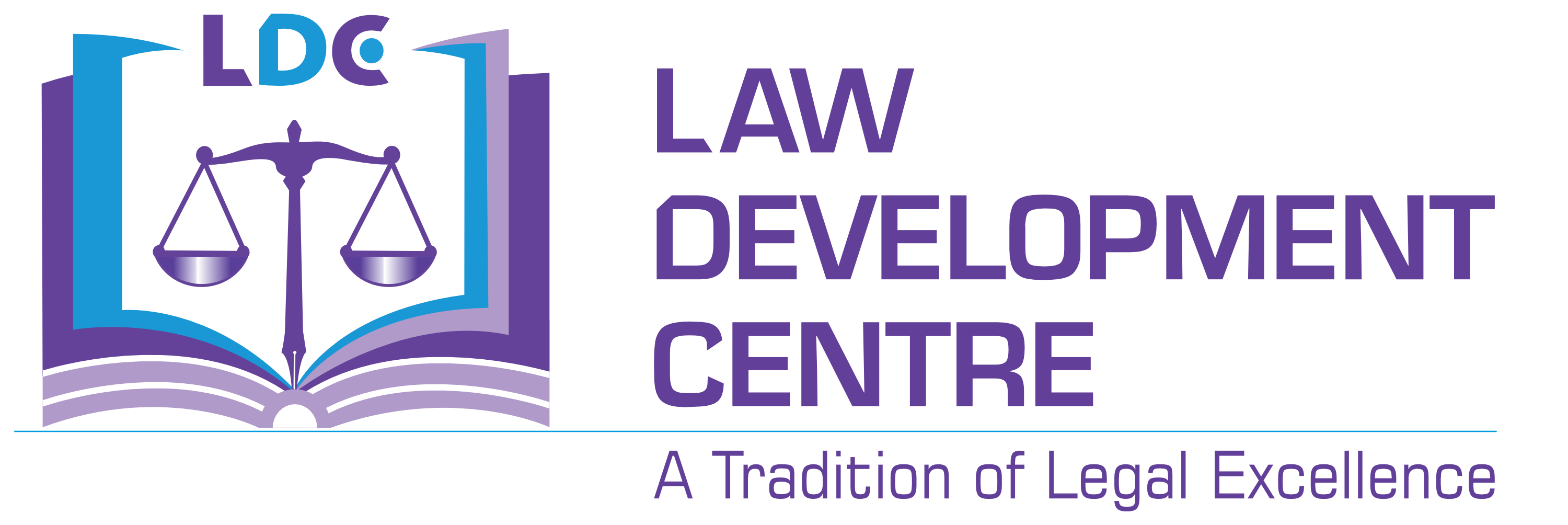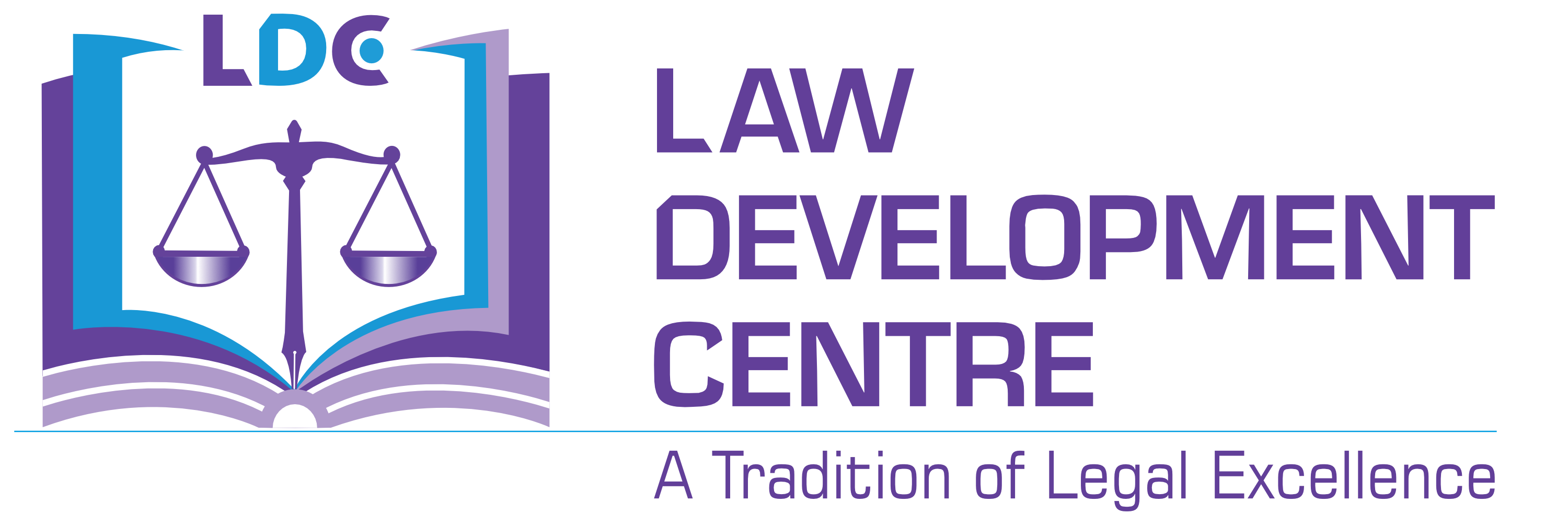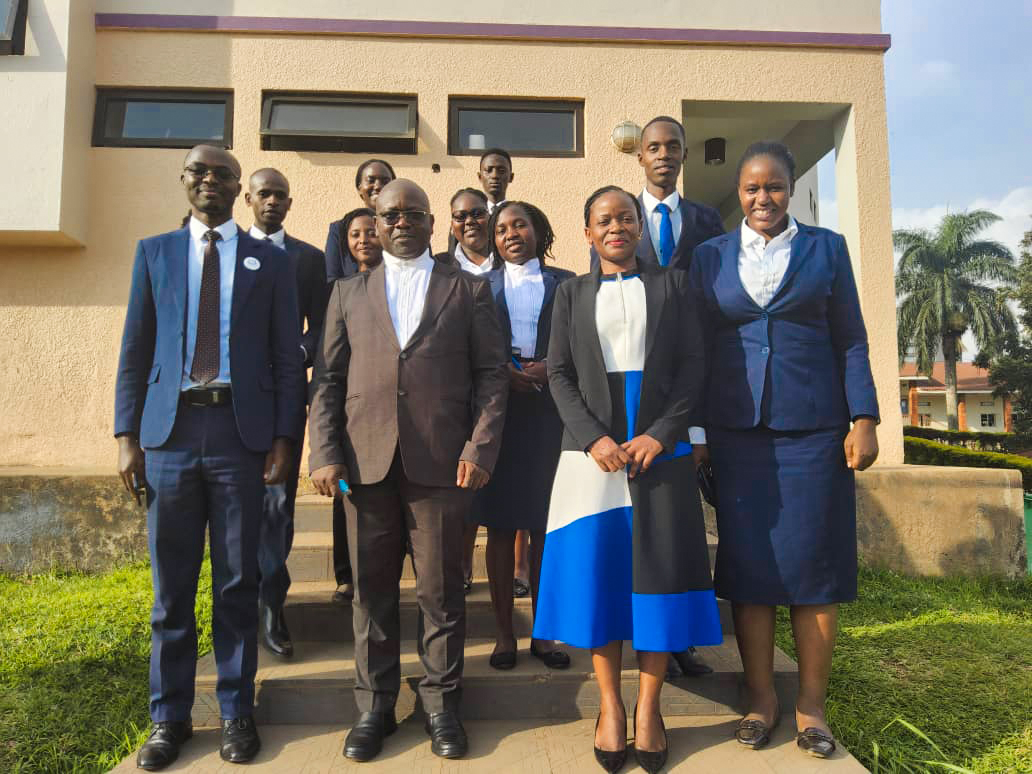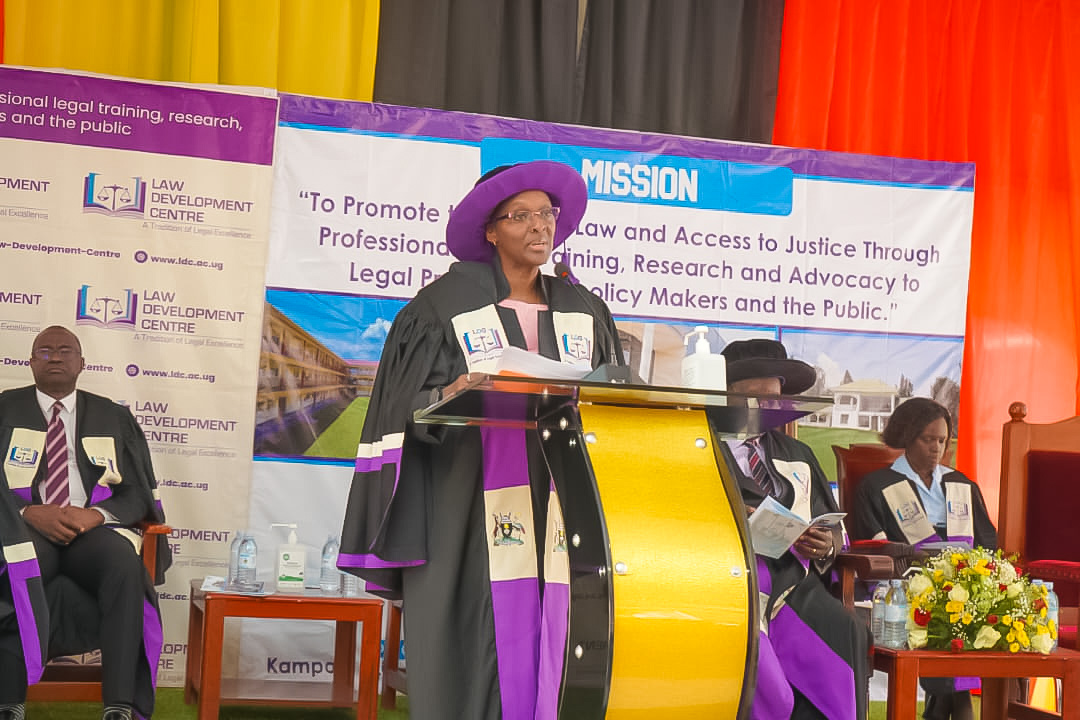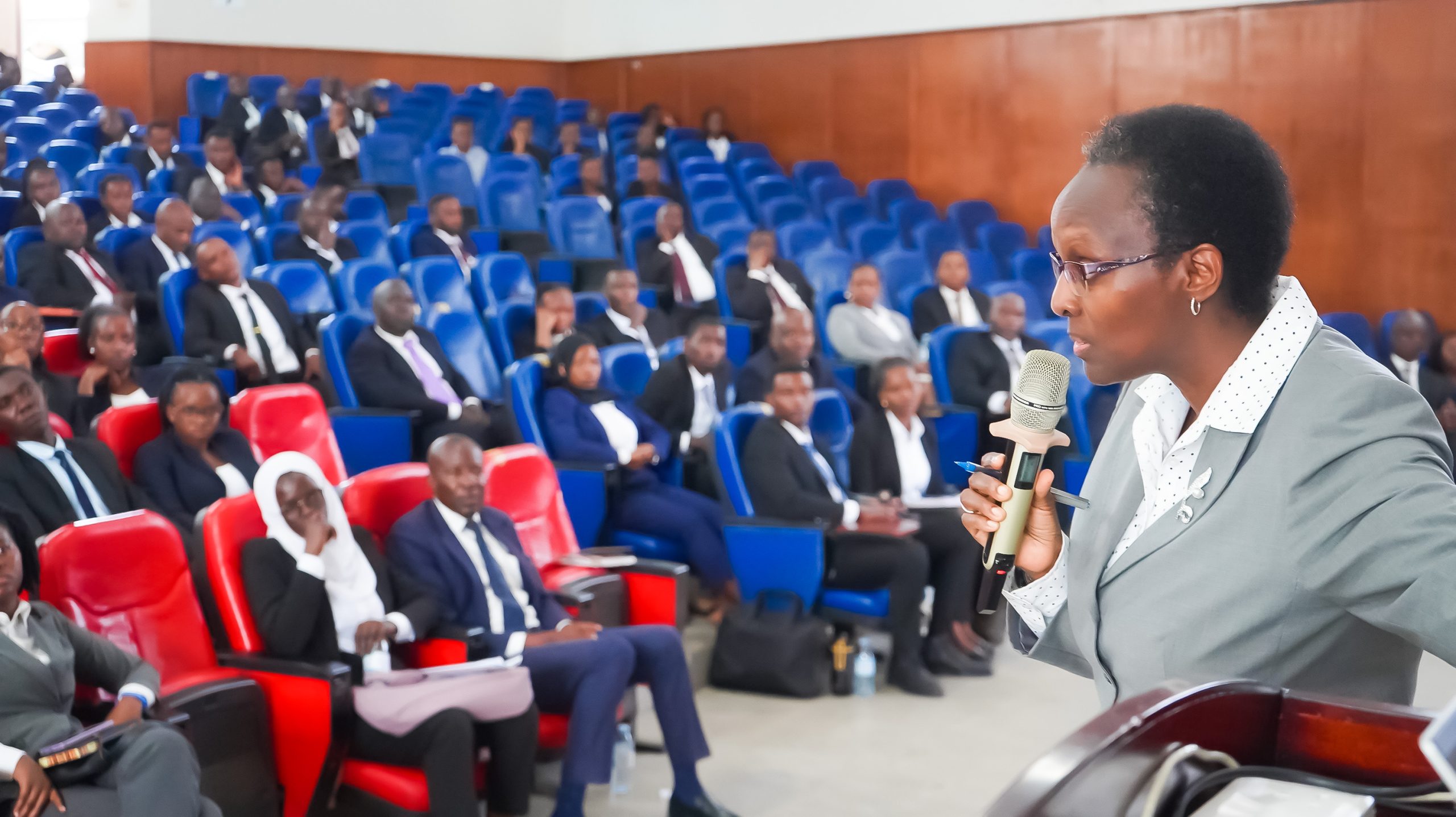Today, the Hon. Justice Stephen Mubiru, J., Senior Resident Judge, Mukono High Court Circuit, gave a lecture to our Bar Course students about handling criminal appeals in the High Court. Below is his presentation:
Overview
- The incidence of appeal.
- Exclusion and restriction of the right.
- The Scope of appeals to the Court.
- Identification of grounds of appeal.
- Presenting the grounds of appeal.
- Key aspects of appellate advocacy.
The incidence of appeal
- Appeals are a creature of statute (both the right and the jurisdiction to hear them).
R v Dunn [1965] E.A
Alinyo & Anor v R. [1974] E.A. 544.
Uganda v Hon. Ssemwogere and 2 others [1985] H.C.B. 4.
There is no automatic right of appeal neither is there inherent appellate jurisdiction. The right to appeal is a creature of statute. No party has a right of appeal unless it is clearly provided for by statute.
- Appeals lie from final decisions. (Interlocutory orders are not appealable).
Uganda v Inyansio Lule [1973] H.C.B. 93.
Hassan Yusufu v Uganda [1974] H.C.B. 223.
There is no right of appeal from an interlocutory ruling of a Chief magistrate made before the completion of a case.
Charles Harry Twagira v Uganda; S.C Cr. App. No. 3 of 2003 (unreported).
There is no right of appeal in respect of discretionary interlocutory orders or rulings of court in criminal matters. In criminal matters, appeals lie from judgments and “judgment” means a final decision of a court but not a discretionary order or ruling in an interlocutory matter.
Exclusion and restriction of the right
- S. 143 (8) M.C.A. – Findings and sentences in petty cases.
- S. 195 (4) M.C.A – Award or refusal of costs.
Uganda v. Rwakilago [1971] H.C.B 105.
- S. 204 (4) M.C.A. – Sentence not exceeding one month or fine not exceeding 100/=
- S. 204 (3) M.C.A. – Upon a plea of guilty (Appeal limited to legality / severity of sentence and legality of plea) Kasoro Joseph v Uganda [1973] H.C.B 36.
- Who may exercise the right of appeal.
– S. 204 (1) (a) and (b) M.C.A – A convict.
– S. 204 (5) M.C.A- The Director of Public Prosecutions.
With sanction of the D.P.P. (by other person e.g organs with powers of prosecution or in the case of a private prosecution).
– S. 14 (9) I.G.G. Act – The I.G.G in cases prosecuted by them.
- Time of appeal.
Within 14 days from date of judgment; S. 28 (1) C.P.C.A
Where extension of time is necessary; S. 31 C.P.C.A.
- Place for lodging the appeal. Territorial Jurisdiction; S.I. 45 / 2007
The Scope of appeals to the Court
- First Appeal
Appeal by a convict (S. 204 (2) M.C.A)
- Matters of law. Matters involving the interpretation and application of legal rules and principles.
- Matters of fact. Matters involving specific past events.
iii. Matters of mixed law and fact. Matters involving the application of legal standard to established facts.
Appeal by the DPP/IGG (S. 204 (5) M.C.A)
- Where an acquittal is erroneous in law.
- Second Appeal.
Appeals from appellate decisions of a CM (S. 204 (6) M.C.A)
- Matters of law only. Matters involving the interpretation and application of legal rules and principles.
vi by DPP where an acquittal is erroneous in law.
Identification of grounds of appeal
Misdirection and non-direction on matters of law and / or of fact.
– Incorrect interpretation of the law.
– Incorrect application of principles of the law to the facts of the case
– Overlooking some material facts.
– Giving undue consideration to certain facts.
– Findings not supported by the available evidence.
– Decisions per incurriam.
Procedural errors.
– Acting without or in excess of jurisdiction.
– Proceeding on a fatally defective charge sheet.
– Omitting an essential step in the trial process.
– Manifest bias in the trial process.
– Improper exercise of discretion in interlocutory matters.
– Improper exercise of discretion when imposing sentence.
– Imposing an illegal sentence.
– Ineffective legal representation.
Presenting the grounds of appeal
- Only substantive grounds may be raised; – S. 34 C.P.C.A i.e., those resulting in a miscarriage of justice.
Festo Androa Asenua & Anor. v Uganda; S.C Cr. App. No. 1 of 1998 (unreported).
Errors, omissions, irregularities or misdirections that do not occasion a miscarriage of justice will be ignored on appeal.
- Powers of the court on appeal; – Ss. 34 – 36 C.P.C.A.
– Frivolous appeals or opposition thereto may be penalised in costs; S. 195 (1) (c) & (d) M.C.A.
– Some objections if not taken at trial when they could may not be entertained on appeal.
Francis Masaba v Uganda [1992-93] H.C.B. 17.
Jackson Kamya Wavamuno v Uganda; S.C Cr. App. No. 16 of 2000 (unreported).
An appellate court has discretion to reject any point raised on appeal which could and should have been raised earlier in the proceedings.
- Should be particularized, concise and not argumentative; general grounds will be rejected.
Kayanja Hassan v Uganda; C.A. Criminal Appeal No. 206 0f 2021.
Key aspects of appellate advocacy
- Only substantive grounds may be raised; – S. 34 C.P.C.A i.e., those resulting in a miscarriage of justice.
Festo Androa Asenua & Anor. v Uganda; S.C Cr. App. No. 1 of 1998 (unreported).
Errors, omissions, irregularities or misdirections that do not occasion a miscarriage of justice will be ignored on appeal.
- Powers of the court on appeal; – Ss. 34 – 36 C.P.C.A.
– Frivolous appeals or opposition thereto may be penalised in costs; S. 195 (1) (c) & (d) M.C.A.
– Some objections if not taken at trial when they could may not be entertained on appeal.
Francis Masaba v Uganda [1992-93] H.C.B. 17.
Jackson Kamya Wavamuno v Uganda; S.C Cr. App. No. 16 of 2000 (unreported).
An appellate court has discretion to reject any point raised on appeal which could and should have been raised earlier in the proceedings.
- Should be particularized, concise and not argumentative; general grounds will be rejected.
Kayanja Hassan v Uganda; C.A. Criminal Appeal No. 206 0f 2021.
